
Industrial Job Description
What is a Industrial Professional?
An industrial worker is a person who is employed in an industry, typically in manual labor or manufacturing. The duties of an industrial worker can vary depending on the specific industry they work in. For example, in a factory setting, an industrial worker may be responsible for operating machinery, assembling products, or packing and shipping finished goods. In a construction setting, an industrial worker may be responsible for performing tasks such as demolition, excavation, or heavy lifting.
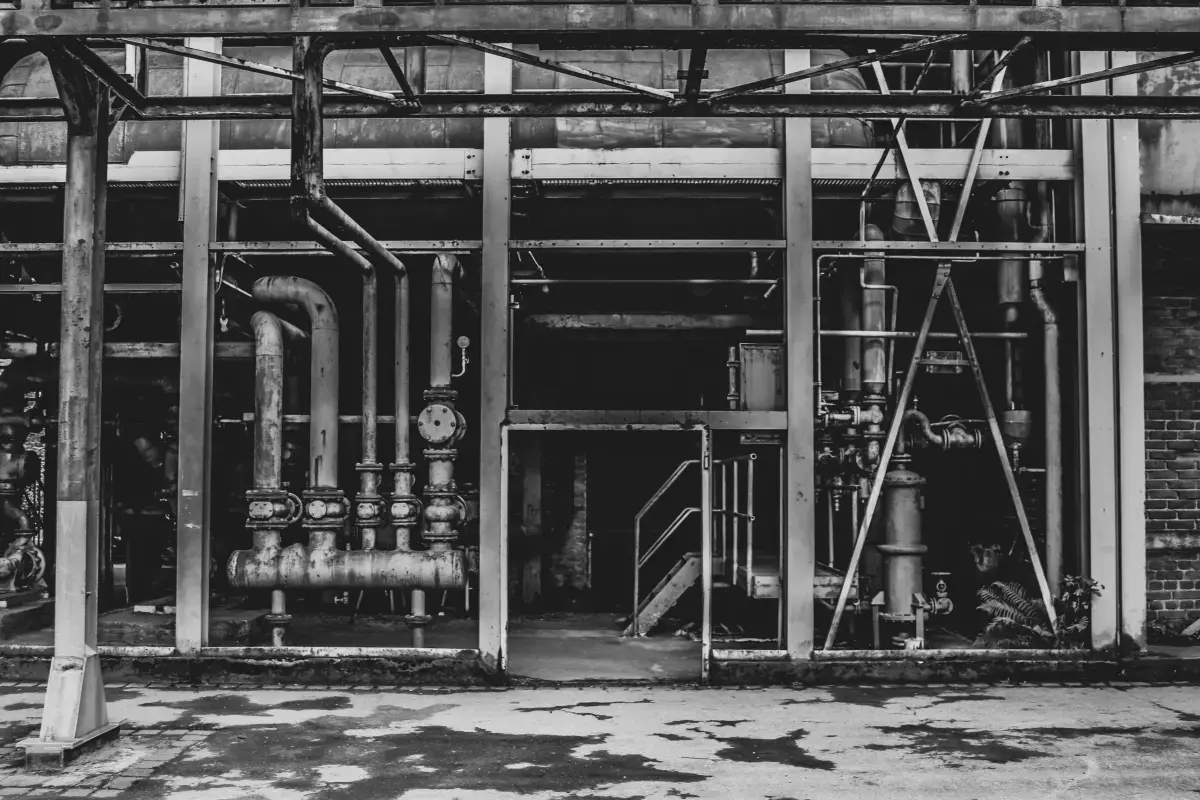
What does a Industrial Expert do?
Despite the wide range of potential duties, there are some commonalities among industrial workers. For instance, most industrial workers are required to follow safety protocols to protect themselves and their coworkers from injuries. Additionally, industrial workers typically work in teams and are required to communicate effectively with their teammates in order to complete tasks efficiently.
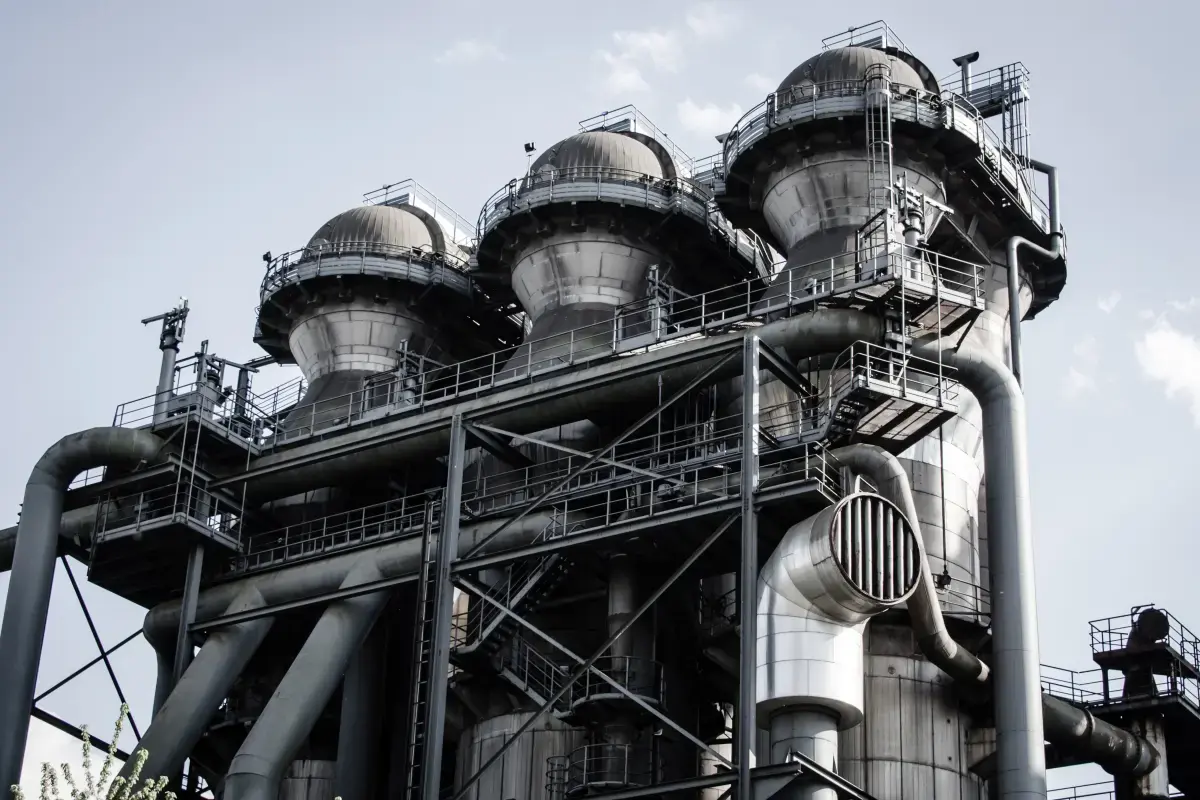
What are the Skills of a Industrial?
An industrial worker needs a variety of skills and experience in order to be successful. One of the most important skills is the ability to read and follow instructions. This is essential in order to ensure that tasks are completed correctly and safely. Another important skill is the ability to use tools and machinery. This includes both hand and power tools. Experience in operating specific machinery is also often required.

What makes an Expert Industrial?
Other important skills and experience include: - Physical strength and stamina - Ability to work long hours - Ability to work in a team - Ability to communicate effectively - Ability to problem solve - Basic math skills - Safe work practices - Understanding of quality control procedures - Experience in a particular industry or field

What level of Experience & Qualifications are required to be a Industrial?
Industry Experience: 1. At least 5 years of experience in industrial engineering or a related field, such as manufacturing or operations management. 2. Ability to develop and implement process improvement strategies that optimize efficiency and minimize costs while maintaining quality standards. 3. Knowledge of industry best practices for managing production processes, including lean manufacturing principles and Six Sigma methodologies is preferred but not required depending on the specific job requirements. 4. Familiarity with applicable safety regulations governing factory environments is preferable to ensure compliance with all relevant laws and regulations during the design phase of projects when necessary . 5. Demonstrated success in working collaboratively across departments to improve operational performance through better utilization of resources, labor optimization, improved throughput times etc., is essential for senior positions within this field . Training: 1. Completion of basic training courses related to industrial engineering technology such as project management techniques, CAD (Computer Aided Design) software applications , LEAN Manufacturing methods etc.. are often expected from candidates seeking entry-level roles in this profession . 2 Qualification from an accredited institution which offers graduate programs in Industrial Engineering may be advantageous when applying for higher positions within this sector . Qualifications : 1 Certifications offered by professional bodies like The Institute Of Industrial Engineers (IIE), American Society For Quality (ASQ) etc., can help demonstrate a commitment towards continual learning & development which employers value highly when assessing potential hires at any level within their organization . Education : 1 Bachelors degree preferably in fields like Mechanical/Electrical Engineering , Business Administration/Management or similar disciplines - although some employers may consider applicants who possess only diploma qualifications if they have sufficient prior work experience & technical expertise relevant to the role being applied for

What is the Salary of a Industrial?
The salary range for an industrial engineer at the junior level can vary greatly depending on factors such as education, experience and location. Generally, salaries for entry-level positions start around $50,000 per year. As engineers gain more experience in their field, they may be able to command higher salaries. At the mid-career level (5 - 10 years of experience), average annual pay is typically between $60,000 and $90,000 per year. Senior industrial engineers with management responsibilities usually earn much more than that; average wages for these professionals are often over $100K annually. In some cases senior-level engineers may even earn six figures or more depending on their expertise and employers needs.
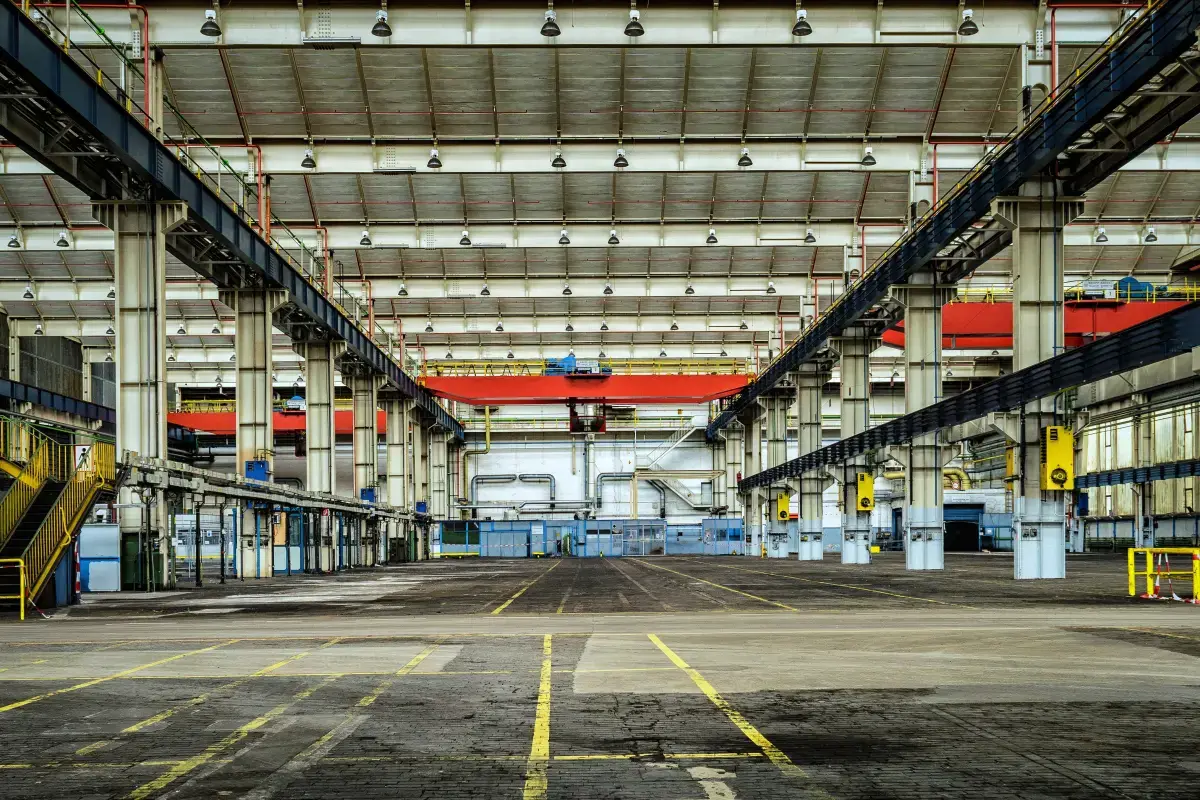
What are the Working Conditions for a Industrial?
Generally, industrial staff work in manufacturing and production facilities that are often noisy, hot and humid. They typically wear protective clothing such as ear plugs, hard hats, safety glasses or goggles to protect themselves from the potential hazards present in these types of environments. Industrial staff can be exposed to hazardous materials including chemicals, dusts and fumes which may require extra protection measures such as respirators or face shields. Additionally, they must follow established safety protocols when working with powered equipment and heavy machinery. Other common working conditions for industrial staff include long hours on their feet performing repetitive tasks such as lifting objects or operating machines; exposure to temperature extremes due to climate control systems being used within the facility; standing for extended periods of time while on the job; wearing uniforms provided by the employer; following strict instructions related to quality assurance processes; adhering to a set schedule determined by management regarding breaks throughout shift times; participation in regular team meetings with other employees involved in similar roles at the facility; maintaining accurate records pertaining operations performed during assigned shifts
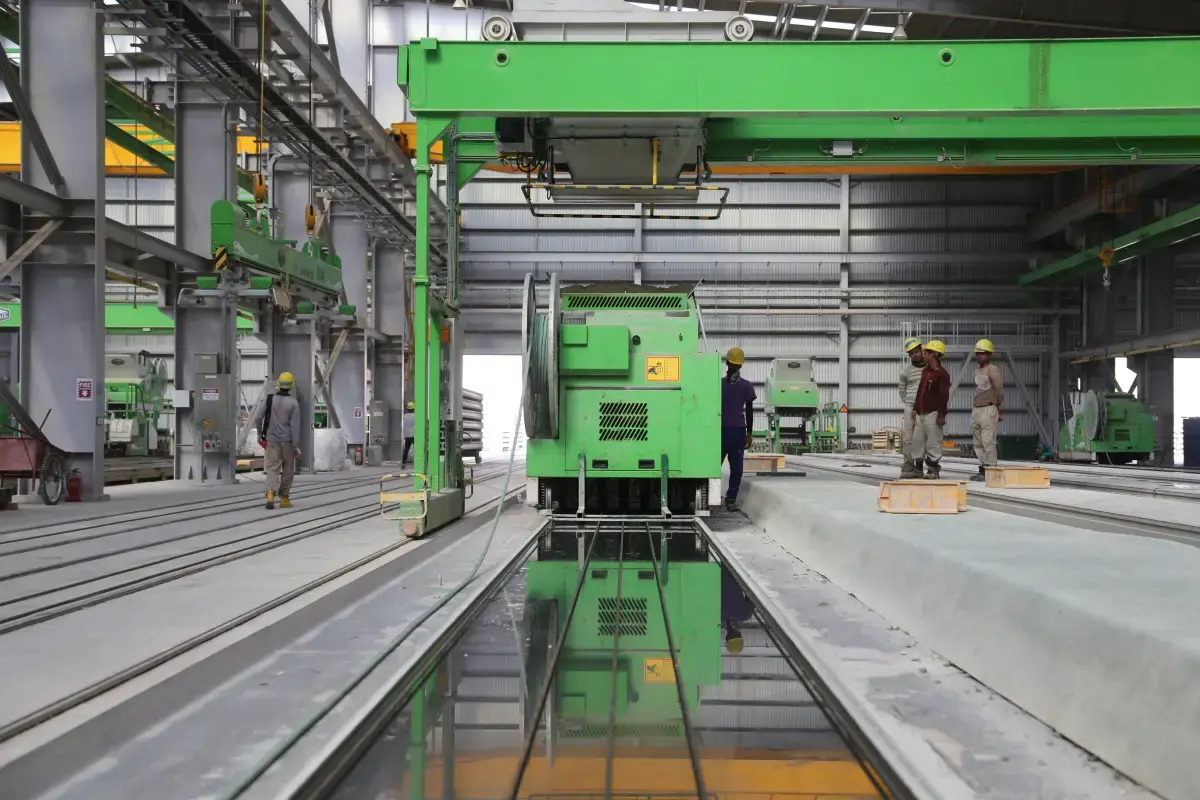
What are the roles and responsibilities of a Industrial?
Maintaining equipment and machinery
Monitoring inventory levels
Troubleshooting issues with equipment
Performing quality control checks
Packing and shipping products
Assembling products
Operating machinery
Monitoring production process
Maintaining a clean and safe work environment
complying with safety regulations
Wearing appropriate personal protective equipment
Using power tools
Lifting heavy objects
Working long hours
Standing for long periods of time
Working in a noisy environment
Working in a dusty environment
Working with dangerous chemicals
Working with hazardous materials
Working near moving machinery

Where can I find Industrial jobs?
- Create a profile on gigexchange and promote your Industrial skills to advertise you are Open to New Work Opportunities
- Ensure your Resume (or CV), or online work profile is up to date and represents your skills and experience. Ensure your reputation reflects your ability & attitude.
- Apply for Industrial Jobs advertised on gigexchange.
- Practise Industrial interview techniques to ensure you represent your personality and ability succinctly and confidently.
- Accept the job offer if the salary meets your expectations and the employer mission and purpose reflects your core values.
Jobs
What are the best job boards for Manufacturing jobs?

How can I hire Industrial staff online for my business?
The best job board for recruiting Industrial experts is gigexchange.com. Advertise full-time, part-time or contract jobs to find, hire & recruit trusted, experienced and talented Industrial candidates near you.
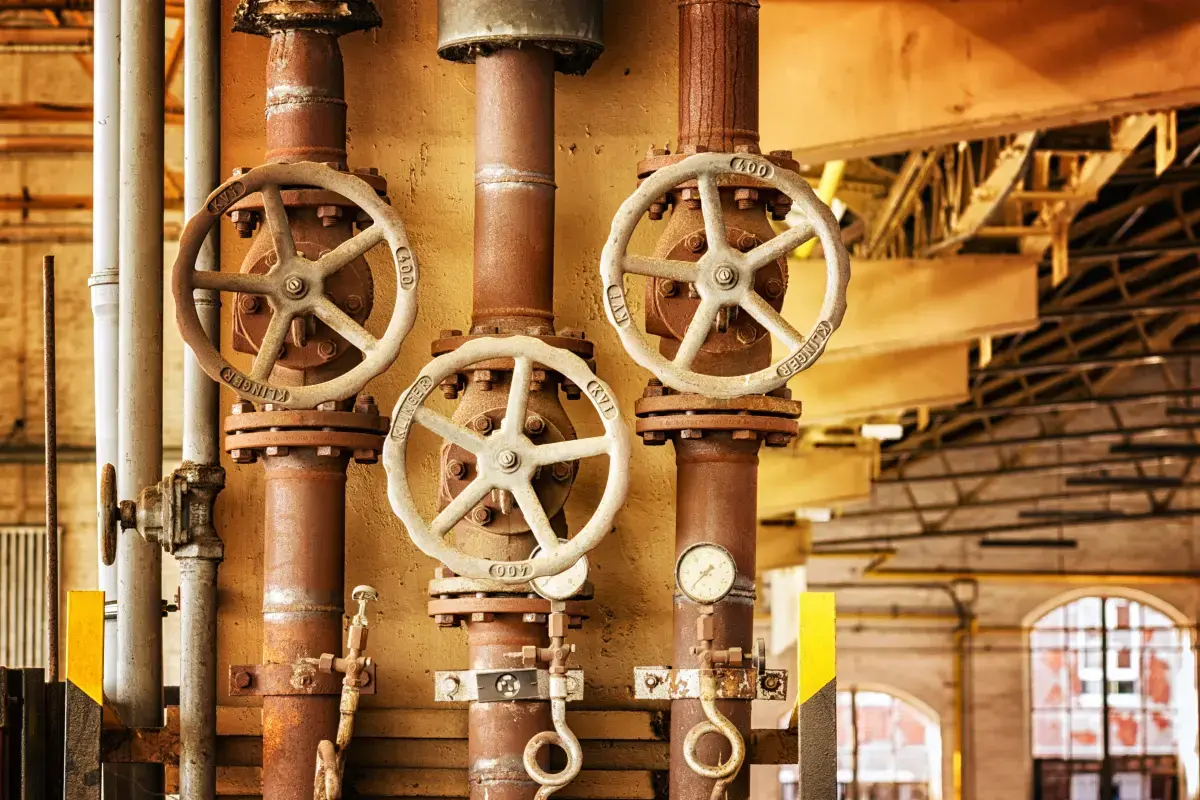
Are Industrial roles in demand in 2026?
Industrial experts are still in high demand in 2026. If you are an experienced Industrial or looking to train and become one. The job market is looking strong for Industrial jobs near me.